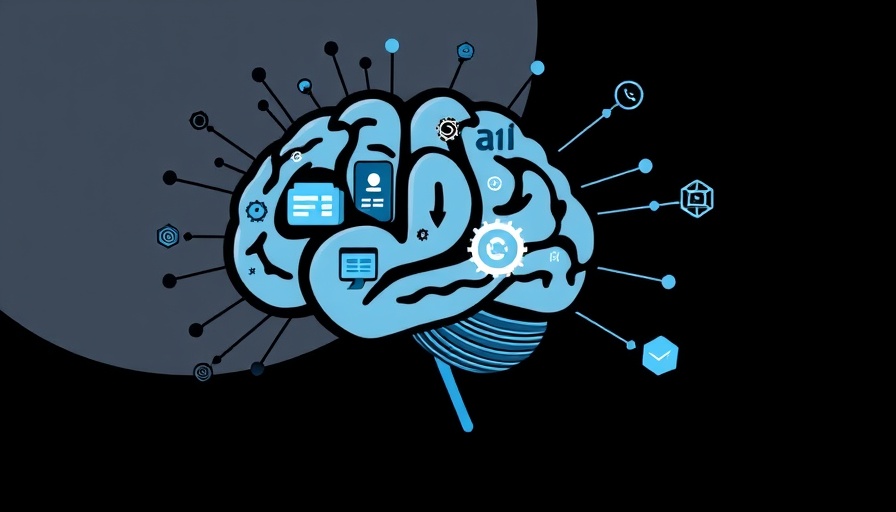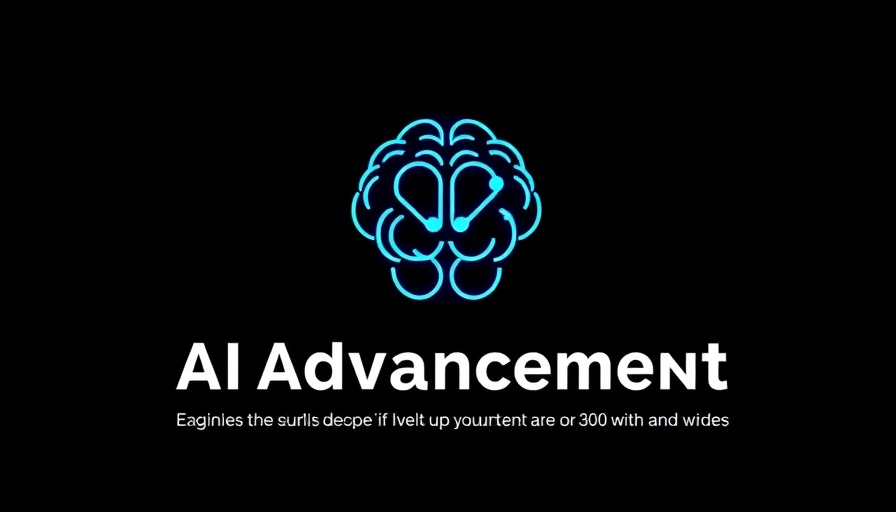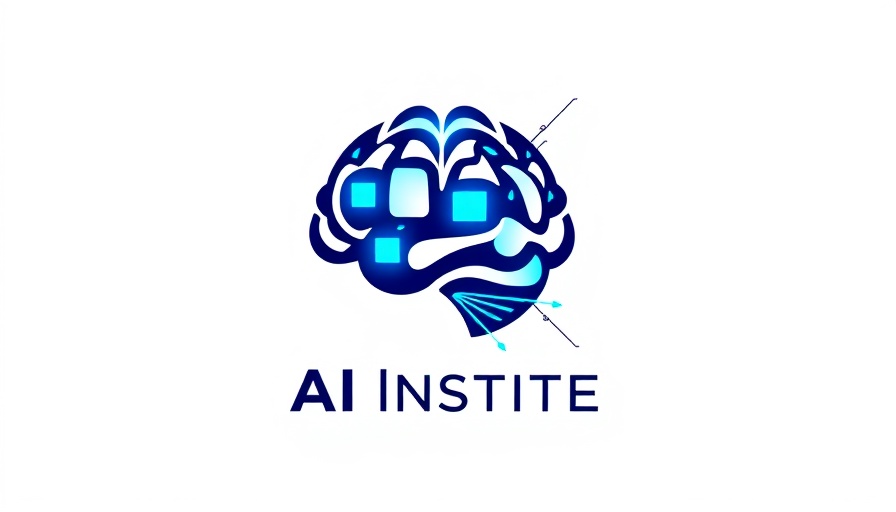
The AI Scaling Debate: Are We at a Standstill?
In the race to deliver the next generation of AI models, industry giants like OpenAI, Google, and Anthropic appear to be hitting unexpected roadblocks. Reports from Bloomberg and The Information have raised concerns as scaling laws, the principal theory that AI's capabilities improve with more compute and data, are showing signs of wear. Despite substantial investments in resources, some in the industry claim these scaling laws may be reaching their limits as models fail to meet expected benchmarks.
The Dichotomy in AI Development
While the reports suggest a slowdown, industry insiders are divided. Some argue that diminishing returns are due to the limited new, high-quality training data and the escalating costs needed to advance these models. However, others, including notable figures within AI labs, are quick to dismiss these claims. OpenAI's CEO Sam Altman and Google DeepMind's VP Oriol Vinales question the existence of such a 'wall' and maintain optimism about future advancements.
Historical Context and Background
The notion of scaling laws has been instrumental in advancing AI to its current state. Over the past decade, the exponential growth in computing power and data availability has led to groundbreaking developments such as OpenAI's GPT models. These frameworks have transformed industries, particularly marketing, by enabling more efficient and innovative strategies. Yet, the current landscape hints that repeating this rapid progress may require unconventional approaches.
Unique Benefits of Knowing This Information
For marketing executives and C-level leaders, understanding the challenges and potential of AI scaling is crucial. Diminishing returns may sound concerning, but it highlights the need for strategic investments in emerging technologies. Embracing diversification can spur innovation and keep businesses competitive. As AI evolves, being informed about these debates encourages smarter decision-making and positions companies at the forefront of industry advancements.
Counterarguments and Diverse Perspectives
Critics of the slowdown theory emphasize that predicting AI's trajectory based on current limitations might be shortsighted. History has shown that AI evolution is not always linear and often experiences paradigm shifts. Many AI experts advocate for continued faith in scaling laws and caution against betting against potential breakthroughs. It's this array of viewpoints that ensures the dynamic nature of AI and its future impact on industries worldwide.
 Add Row
Add Row  Add
Add 




Write A Comment